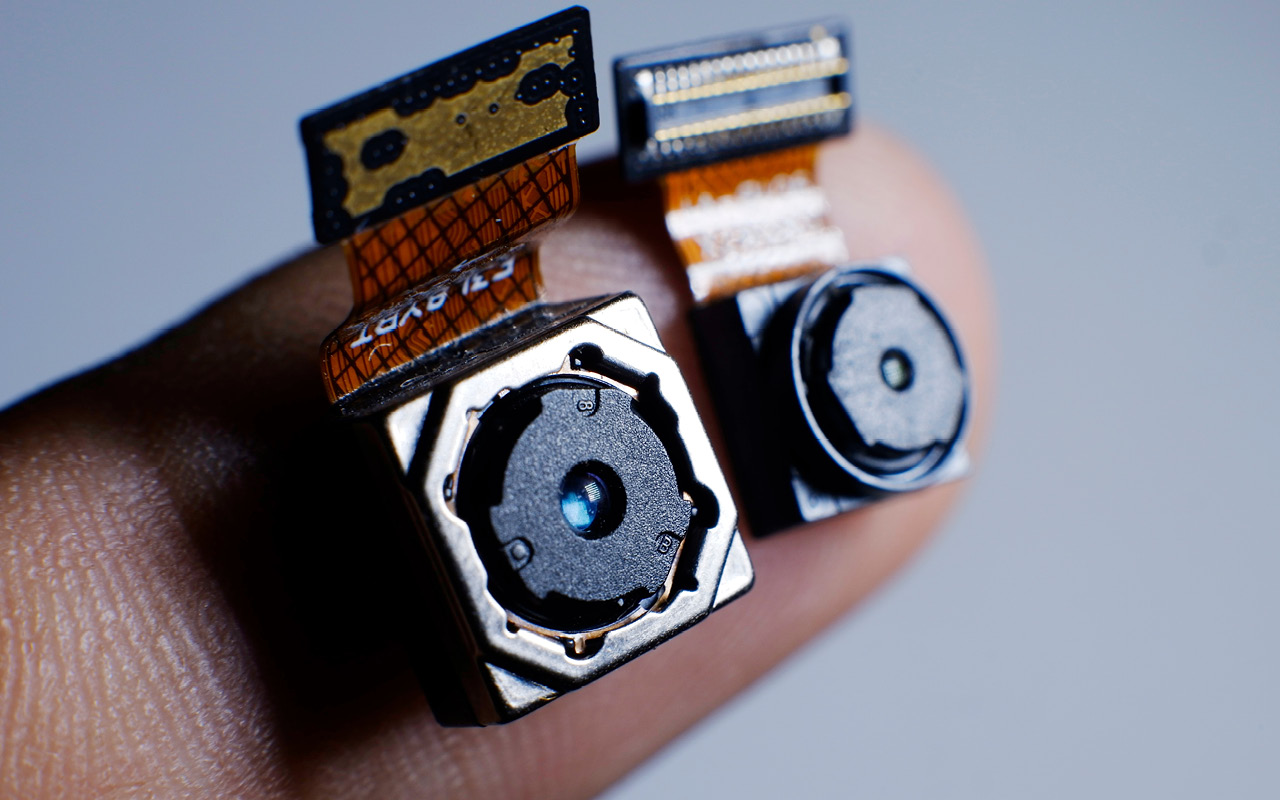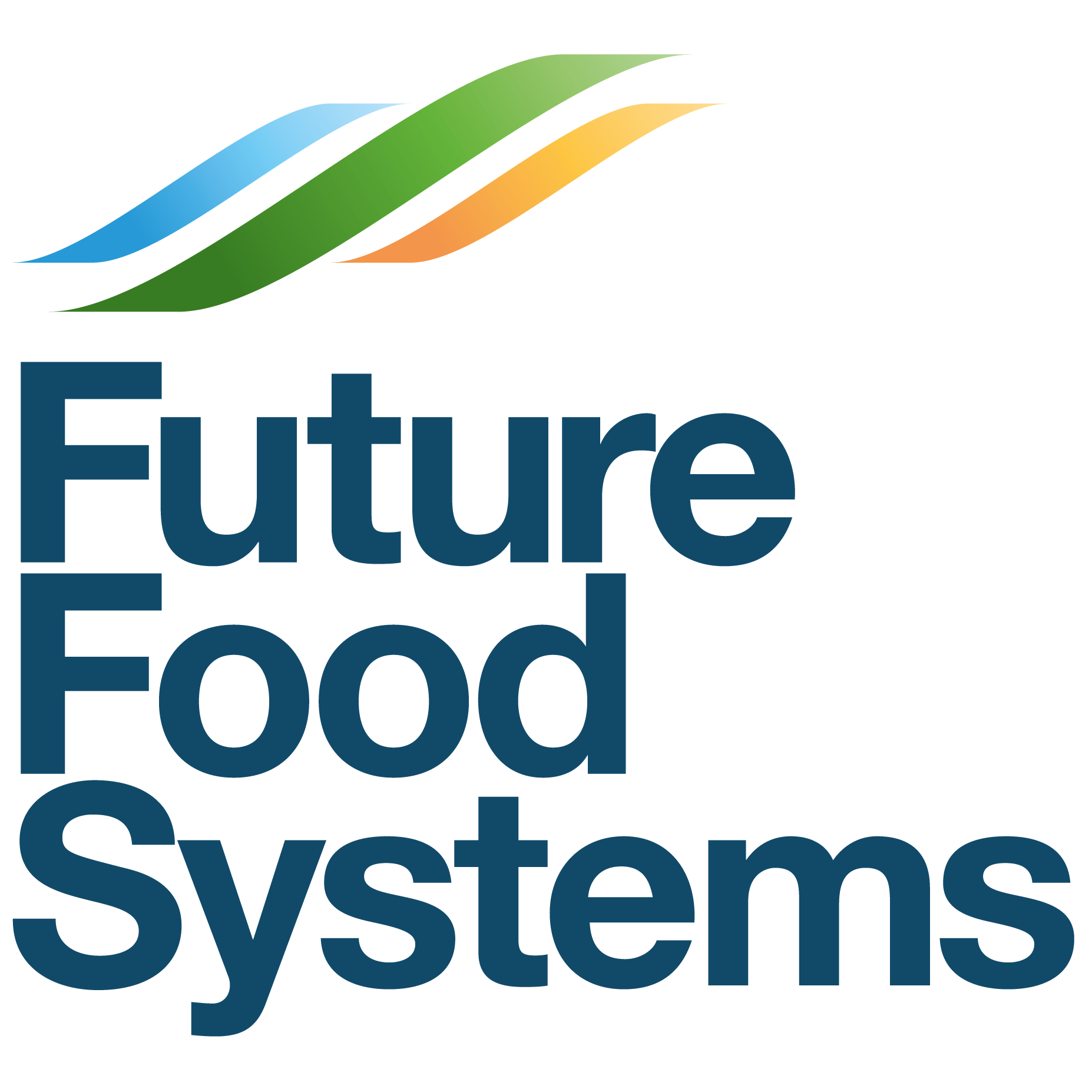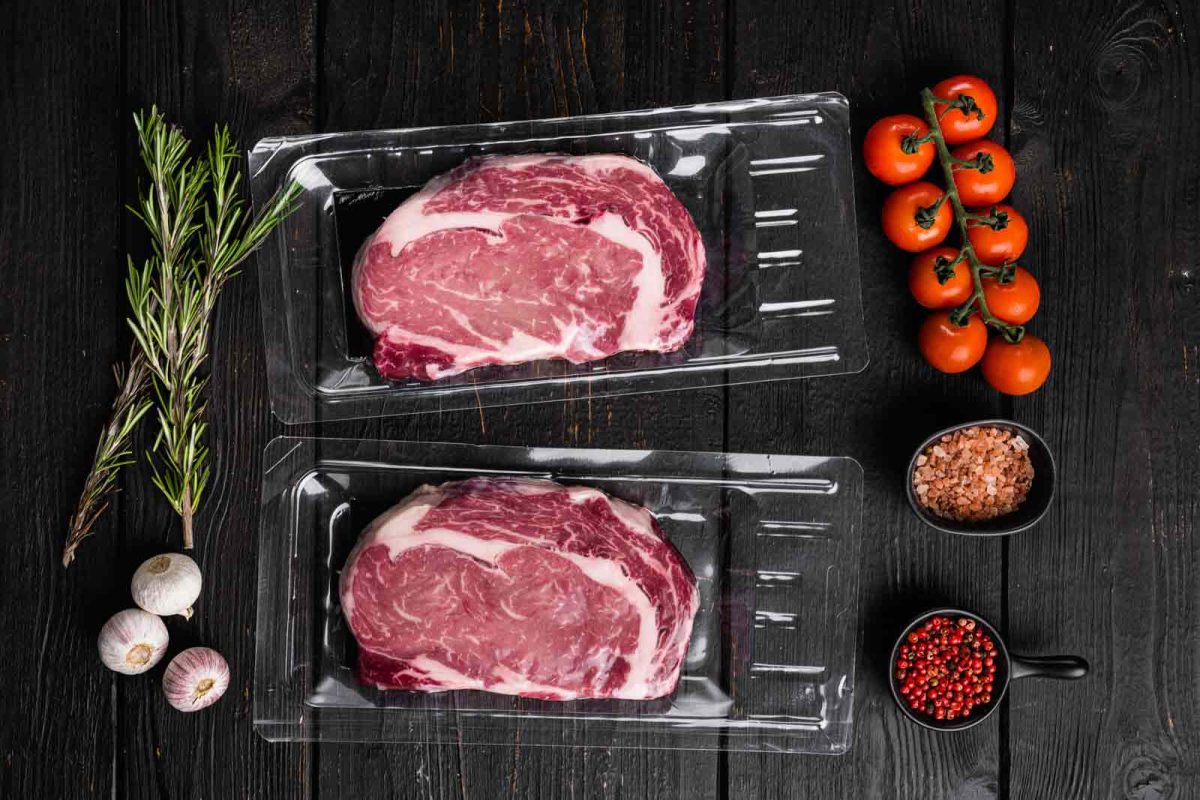Challenge The transition from petroleum-based plastics to sustainable alternatives is critical for reducing environmental impact. However, widespread adoption of these materials hinges on market acceptance, which depends not only on performance and cost but also on consumer trust in the quality and safety of new packaging solutions. Currently, real-time monitoring technologies for food and packaging quality are limited, and existing nano sensor manufacturing methods are often complex and costly.
Solution This project focuses on developing a nano sensor manufacturing technology that enables real-time monitoring of food and packaging quality. By directly depositing nano sensors onto polymeric packaging materials, the approach simplifies the production process while enhancing functionality. The data generated from this sensor platform will provide critical insights into food quality and safety, and will be used to inform a discrete choice econometric model to understand consumer preferences and support market adoption.
Impact The integration of nano sensors into sustainable packaging offers dual benefits: it improves food safety monitoring and supports the commercial viability of non-petroleum-based packaging. By reducing manufacturing complexity and providing real-time quality assurance, the innovation strengthens consumer confidence and accelerates the shift toward environmentally responsible packaging options. This project represents a strategic convergence of materials science, food technology, and behavioral economics to support sustainable consumption.







